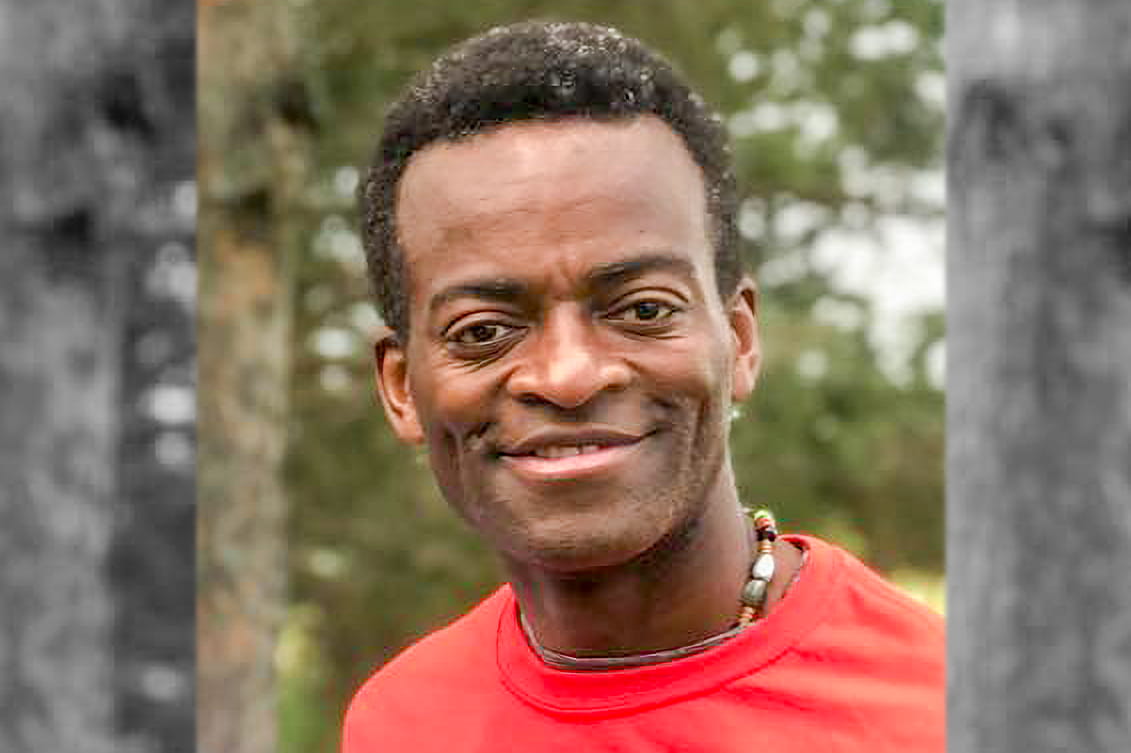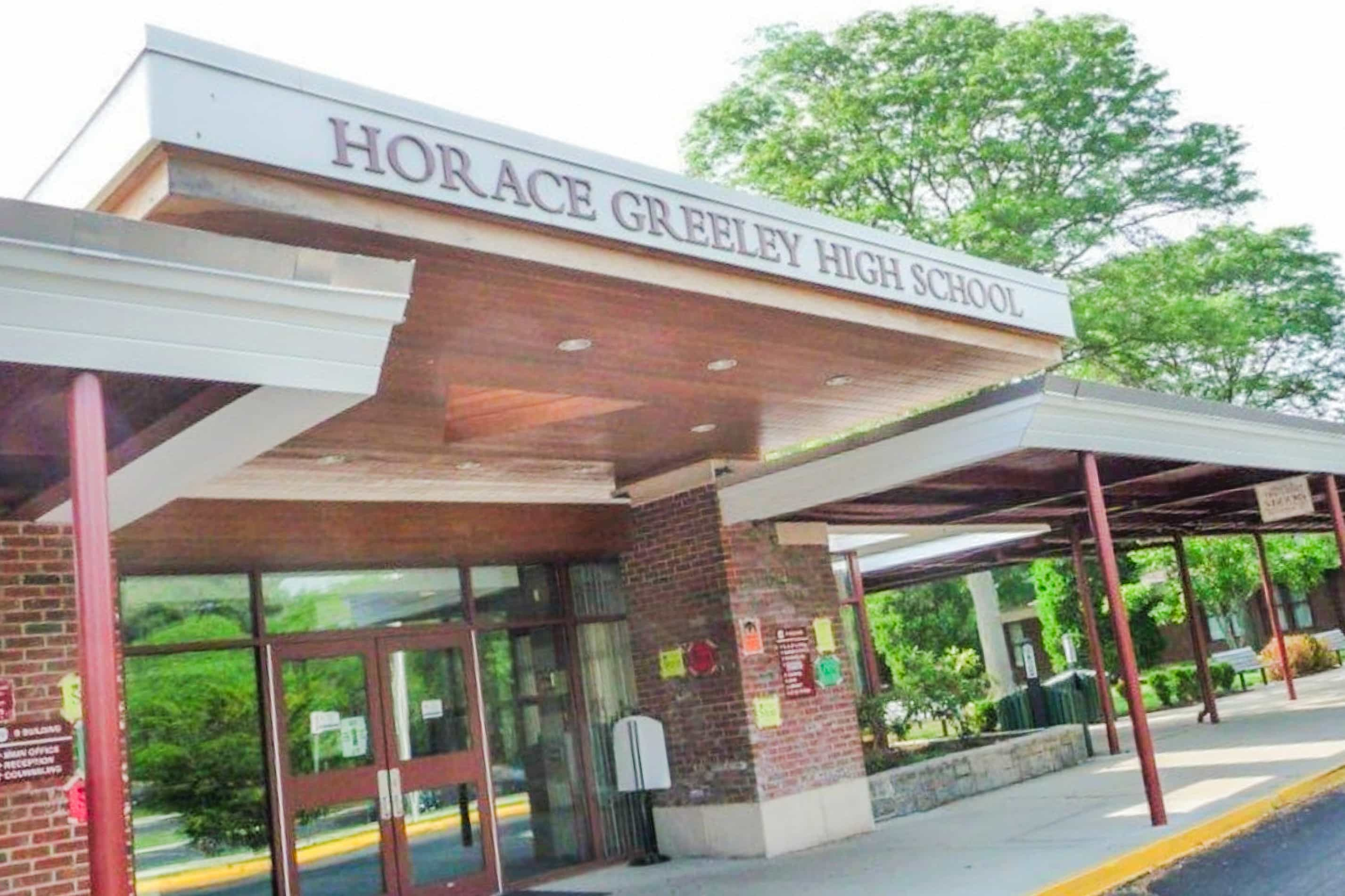Judge halts Mississippi “religious freedom” law from taking effect
Judge Carlton Reeves finds Mississippi's HB 1523 violates both the First and Fourteenth Amendments

A federal judge has halted Mississippi’s controversial “religious freedom” law, also known as HB 1523, from taking effect on July 1. U.S. District Court Judge Carlton Reeves found that the law violates the Establishment Clause of the First Amendment to the U.S. Constitution by favoring certain religious beliefs over others.
Reeves’ ruling came in response to a request for a preliminary injunction to stop HB 1523 from being implemented by state officials. Since Gov. Phil Bryant (R) signed the bill into law in April, it has been challenged by several different lawsuits. Among those was one brought on behalf of the Campaign for Southern Equality and a group of ministers whose churches are LGBT-affirming.
They argued that the law explicitly singles out three specific beliefs that it aims to protect — namely, that marriage should be only recognized as the union of one cisgender man and one cisgender woman; that sexual relations are properly reserved only to a marriage of a man and a woman; and that the terms “man” and “woman” refer to a person’s biological or assigned sex at birth.
“HB 1523 establishes an official preference for certain religious beliefs over others,” Reeves wrote in his ruling. “Section 2 of HB 1523 begins, “[t]he sincerely held religious beliefs or moral convictions protected by this act are the belief or conviction that: …” It then enumerates three beliefs entitled to protection. In the remainder of the bill, every protection from discrimination is explicitly tied to [those] beliefs.
“On its face, HB 1523 constitutes an official preference for certain religious tenets. If three specific beliefs are “protected by this act,” it follows that every other religious belief a citizen holds is not protected by the act,” Reeves continued. “Christian Mississippians with religious beliefs contrary to [Section 2 of HB 1523] become second-class Christians. Their exclusion from HB 1523 sends a message ‘that they are outsiders, not full members of the political community, and an accompanying message to adherents that they are insiders, favored members.’ The same is true for members of other faith groups who do not subscribe to the [Section 2] beliefs.”
Reeves argued that the State of Mississippi’s attempt to justify HB 1523, by saying it has a “compelling government interest” in pushing religious exemptions for those with preferred beliefs, is faulty.
“The underlying premise of this interest is that members of some religious sects believe that any act which brings them into contact with same-sex marriage or same-sex relationships makes the believer complicit in the same-sex couples’ sin, in violation of the believer’s own exercise of religion,” he wrote. “The idea is that baking a cake for a same-sex wedding ‘makes a baker complicit in a same-sex relationship to which he objects.’ The problem is that the State has not identified any actual, concrete problem of free exercise violations. Its defense speaks in generalities, but ‘Supreme Court case law instructs that overly general statements of abstract principles do not satisfy the government’s burden to articulate a compelling interest.’
“The bill gives persons with [the preferred] beliefs an absolute right to refuse service to LGBT citizens without regard for the impact on their employer, coworkers, or those being denied service,” Reeves continued. He also dismantled the argument that HB 1523 is similar to the Burwell v. Hobby Lobby case, where the Supreme Court said the government had to provide a religious accommodation to Affordable Care Act regulations regarding insurance coverage for contraception.
“At first blush that sounds analogous to HB 1523: if the corporate owners could opt-out of the federal regulation, why can’t clerks opt-out of serving same-sex couples? The difference is that the Hobby Lobby Court found that the religious accommodation in question would have ‘precisely zero’ effect on women seeking contraceptive coverage, and emphasized that corporations do not ‘have free rein to take steps that impose disadvantages on others.’ … Unlike Hobby Lobby, HB 1523 disadvantages recusing employees’ coworkers and results in LGBT citizens being personally and immediately confronted with a denial of service.”
Lastly, Reeves found that HB 1523 violates the Equal Protection Clause of the Fourteenth Amendment to the U.S. Constitution, likening it to the Romer v. Evans case out of Colorado where the state government, out of animus against LGBT people, attempted to invalidate a local nondiscrimination ordinance. He also noted that if HB 1523 were to go into effect as written, it would essentially invalidate an existing nondiscrimination ordinance in the City of Jackson and the University of Southern Mississippi’s anti-discrimination policy.
“The title, text, and history of HB 1523 indicate that the bill was the State’s attempt to put LGBT citizens back in their place after Obergefell,” Reeves wrote, referring to the Supreme Court’s 2015 decision legalizing marriage equality. “The majority of Mississippians were granted special rights to not serve LGBT citizens, and were immunized from the consequences of their actions. LGBT Mississippians, in turn, were ‘put in a solitary class with respect to transactions and relations in both the private and governmental spheres’ to symbolize their second-class status.”
Reeves’ latest ruling comes just days after he blocked a section of HB 1523 allowing government officials and circuit clerks to deny marriage licenses to same-sex couples. In that ruling, he found that the provision was essentially an attempt to undermine and re-litigate the Obergefell decision. Thursday night’s ruling goes much further, enjoining the entire law from going into effect, rather than just the limited portion dealing with how the government recognizes same-sex marriages.
The plaintiffs who challenged the law by alleging it infringed on their First Amendment rights celebrated Reeves’ decision.
“As Thomas Jefferson wrote more than 200 years ago, one of the founding principles of our nation is that civil rights should have no dependence on anyone’s religious opinions. This is so because Americans today as well as in the past fiercely disagree over matters of religious belief,” Roberta Kaplan, the lawyer representing the Campaign for Southern Equality, said in a statement. “In striking down HB 1523, the Court enforced the fundamental constitutional principle that the government cannot establish any religion. As a result, Mississippi will no longer be permitted to favor some ‘religious beliefs’ over others, and the civil rights of LGBT Mississippians will not be subordinated to the religious beliefs of only certain religious groups.”
Support Metro Weekly’s Journalism
These are challenging times for news organizations. And yet it’s crucial we stay active and provide vital resources and information to both our local readers and the world. So won’t you please take a moment and consider supporting Metro Weekly with a membership? For as little as $5 a month, you can help ensure Metro Weekly magazine and MetroWeekly.com remain free, viable resources as we provide the best, most diverse, culturally-resonant LGBTQ coverage in both the D.C. region and around the world. Memberships come with exclusive perks and discounts, your own personal digital delivery of each week’s magazine (and an archive), access to our Member's Lounge when it launches this fall, and exclusive members-only items like Metro Weekly Membership Mugs and Tote Bags! Check out all our membership levels here and please join us today!























